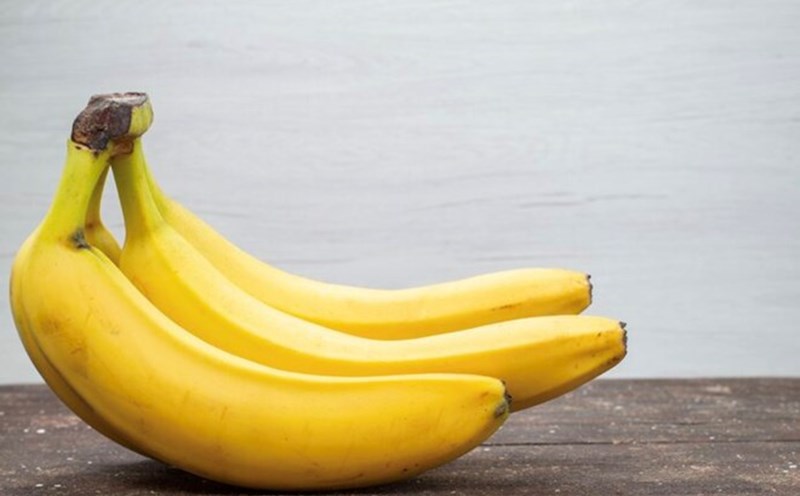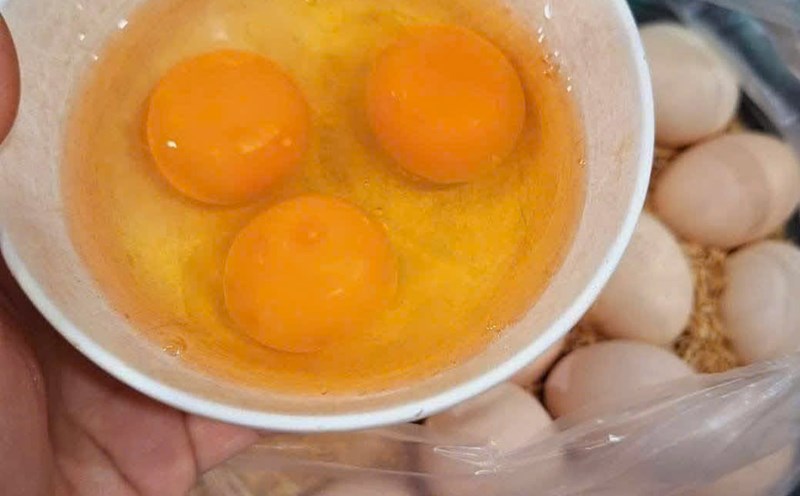processing dishes rich in vitamin D properly can become a "assistant" for natural and sustainable weight loss.
Vitamin D is involved in the metabolism of calcium and hormones, and affects adiponectin, a hormone that helps regulate blood sugar and break down fat.
When vitamin D is deficient, the body easily stores fat and is resistant to insulin, making it more difficult to lose weight.
People with higher vitamin D levels in the blood have smaller waistlines and a significantly lower percentage of visceral fat than the deficient group.
4 easy-to-process dishes rich in vitamin D help lose weight:
olive oil pan salmon
Salmon is a rich source of vitamin D (about 526 IU/85g). Processing by pan-filling with olive oil and light seasoning helps keep vitamin D content, while reducing saturated fat.
Research in Nutrients shows that eating salmon twice a week improves lipid metabolism and reduces weight more effectively than a low- probiotic diet.
Boiled eggs or steamed eggs
Egg yolks contain about 37 IU of vitamin D/fruit, while providing high-quality protein to help you feel full longer, limiting appetite.
According to the American Dietetic Association (AND): breakfast with eggs helps reduce the amount of calories consumed during the day by about 270 kcal compared to a breakfast rich in refined starch.
Sauteed garlic or baked mushrooms
Some types of mushrooms (fat mushrooms, shiitake mushrooms) provide vitamin D2 when exposed to the sun or dried. Mushrooms are low in calories and high in fiber, helping to control weight.
Yogurt supplements vitamin D
Low-fat yogurt is enhanced with vitamin D, which is both good for bones and supports the intestinal microflora, a factor that has been proven to help control weight.
The group that took a 5-time vitamin D supplement per week had a BMI decrease faster than the group that did not take a vitamin D supplement.
Processing principles to optimize vitamin D and lose weight:
Cook less oil: prioritize steaming, boiling, baking instead of frying.
Combine green vegetables and whole grains: increase fiber, reduce bad fat absorption.
Limit salt and sugar: follow WHO's recommendations, below 5g of salt and 25g of free sugar per day.
Maintain proper sun exposure: in addition to food, the body also synthesizes vitamin D thanks to the early morning sunlight, helping to optimize weight loss.











